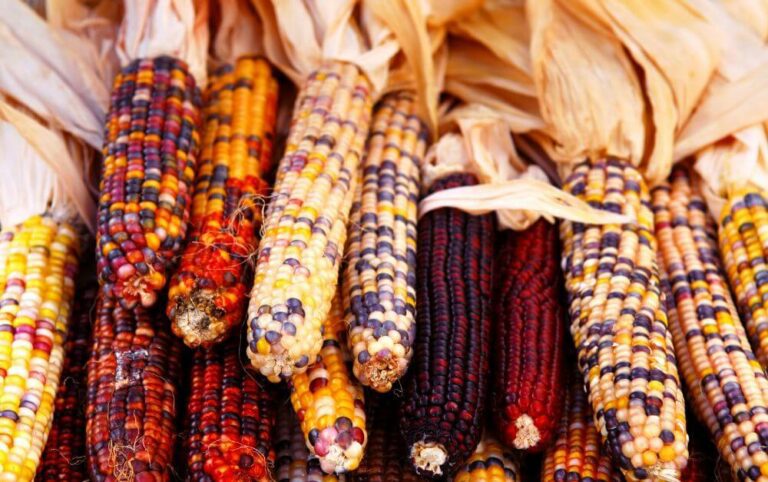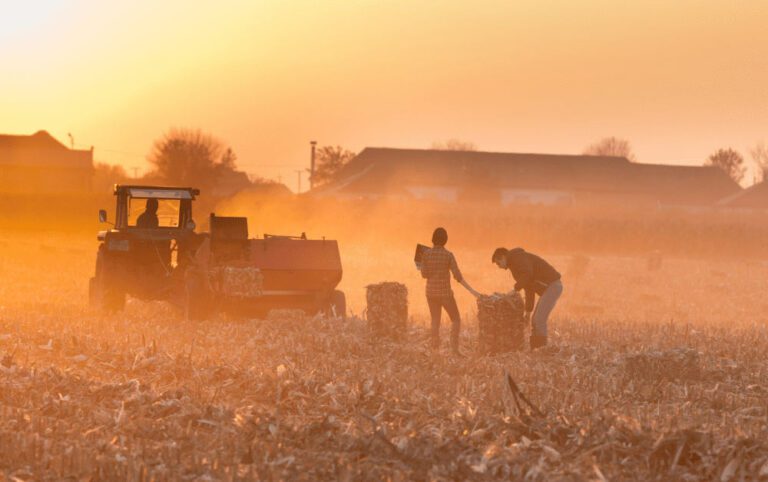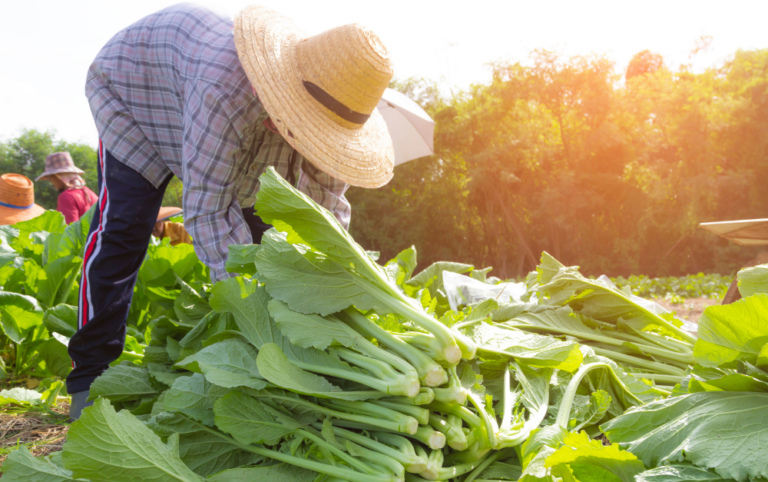
EPA Must Ban Paraquat to Save Lives
Paraquat is one of the most lethal pesticides used today, and is banned in 67 countries. Viable alternatives to this deadly chemical are widely known and used across
Together, we can end corporate control of agriculture — and create a resilient, healthy food system.

Paraquat is one of the most lethal pesticides used today, and is banned in 67 countries. Viable alternatives to this deadly chemical are widely known and used across

Urge EPA Administer Regan to keep his vow to protect children and farmworkers from exposure to chlorpyrifos. It’s time to fully ban this dangerous pesticide.

Urge your legislators to oppose language in the Farm Bill that forces communities into a “one size fits all” approach to local pesticide policy.

On April 1, 2024, Mexico was set to follow through with its 2020 commitment to ban the toxic herbicide glyphosate

About every five years, the U.S. Congress passes the biggest set of food and farming policies that define the majority

By supporting good legislation, opposing bad legislation, and building up a network of supporting organizations, it is our hope that


